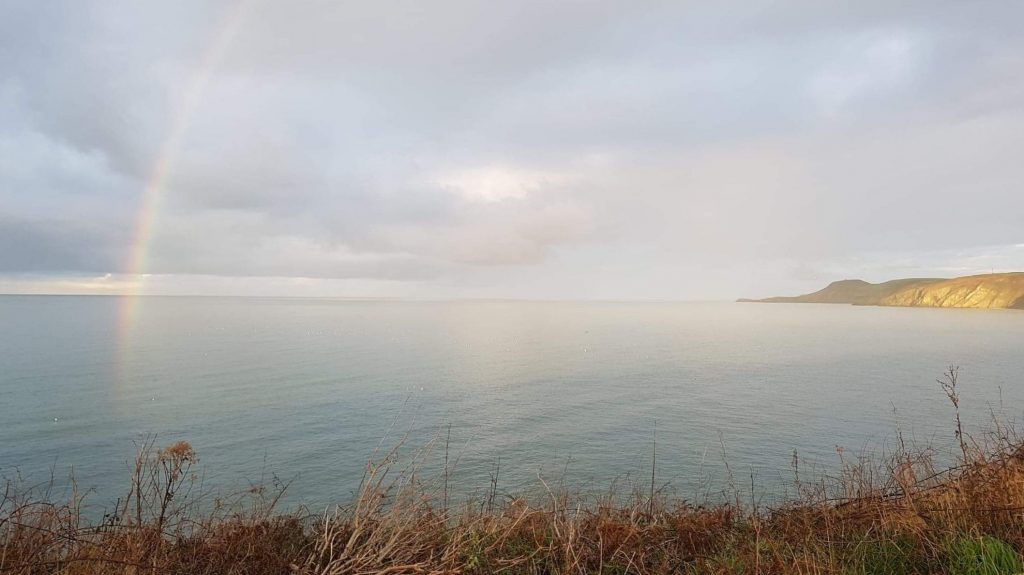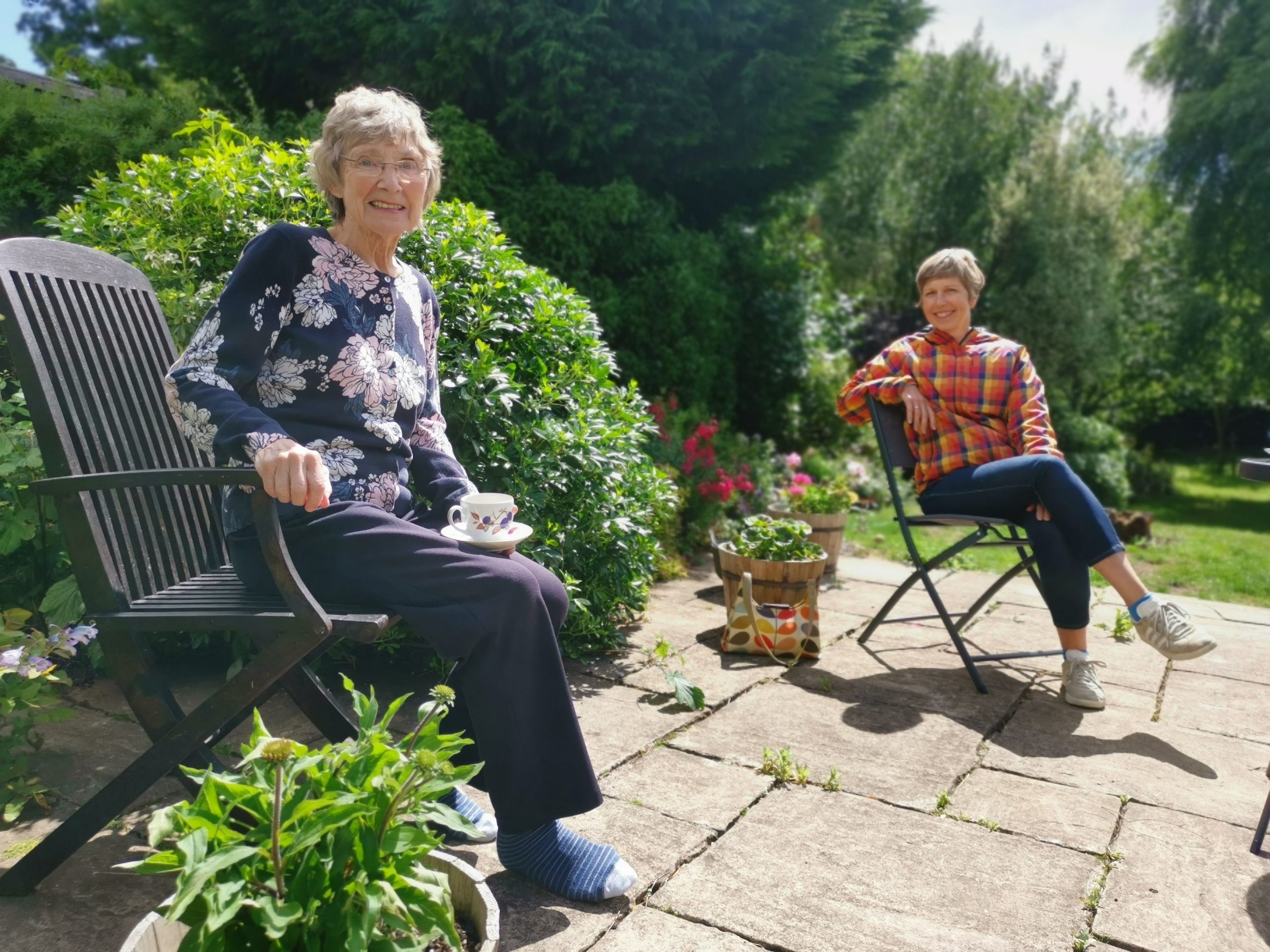People we speak to about booking a course often say, “I am (insert any number over 50)…” as if that might be an issue.
In fact, a large percentage of people come to us for one or more of the following reasons…
- they’ve found the time now they’re retired
- they want to enjoy the water with grandchildren
- activities they’d previously enjoyed (running, cycling and other sports) have taken their toll, and they think swimming is a more enduring way to exercise.
- conquering a fear of water is on their list of things to do before a particular birthday milestone.
So don’t worry if you didn’t get started this year – another year won’t make any difference. There’s no age limit and the great thing is you don’t have to do much in the water for it to do you a lot of good.
If you had lessons with us before this year’s restrictions and haven’t been able to get in the water to practise, don’t despair. Because we focused on the fundamentals – being comfortable in the water: breathing out freely, letting the weight of the head rest – and you didn’t try to run before you could walk, you won’t forget what you learnt.
People often believe that they were once able to swim but have lost their confidence and can no longer go in the water. This happens to people who never properly got to grips with the basics. Lots of people learn to get by as children, not discovering real water confidence but able to propel themselves through the water with sheer determination and a lot of energy. When we get older and realise we can’t sustain that level of effort for long, the water suddenly becomes scary.
If this was you before your lessons with us, remember how we went right back to the basics. When you next get to a pool, try to do the same. Forget any strokes you may have been working on last time you were there. Enjoy the simple stuff. Float about in a gentle way, no need to get anywhere. Rest the weight of your head and limbs. Allow your breath to flow. You won’t have forgotten these things, where the enjoyment comes from. When you’re focusing on relaxing in the water, movements emerge (maybe we looked at some rotations) then evolve into sequences that carry you forward and allow you to let some air in, in other words, “strokes”. But the main thing always to remember is there’s no rush.



